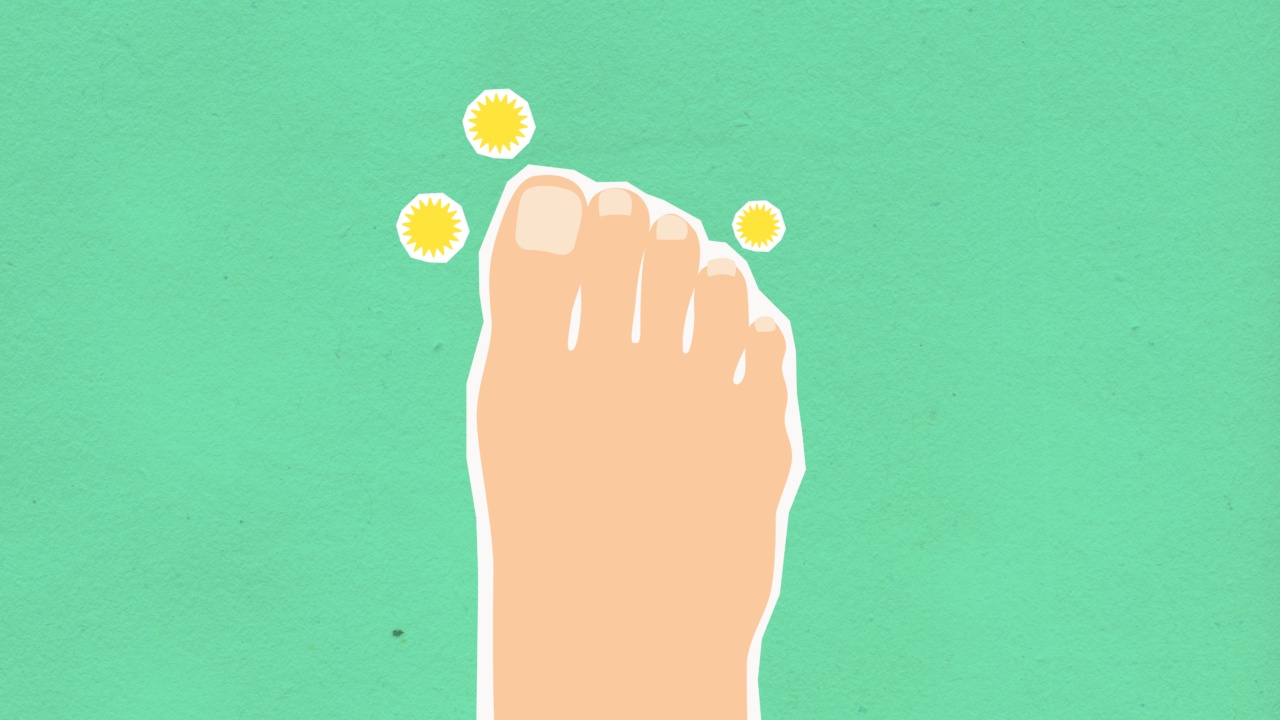Garlic has been used for medicinal purposes for thousands of years. In addition to its culinary uses, it is believed to have numerous health benefits, including its potential as a natural anticancer agent.
Studies have shown that garlic contains compounds that can help prevent and even fight cancer.
What is cancer?
Cancer is a group of diseases characterized by the uncontrolled growth and spread of abnormal cells. These cells can form tumors or invade other parts of the body. Cancer can develop in any area of the body and can be life-threatening if not treated.
How does garlic fight cancer?
Garlic contains several compounds that have been shown to have anticancer effects. One of these compounds is allicin, which is released when garlic is crushed or chopped.
Allicin has been shown to have antioxidant properties and may help reduce the risk of cancer by eliminating free radicals in the body. Free radicals are unstable molecules that can cause damage to cells and DNA, which can lead to the development of cancer.
In addition to allicin, garlic also contains other compounds such as diallyl trisulfide and S-allyl cysteine that have been shown to have anticancer properties.
These compounds have been shown to inhibit the growth of cancer cells and may even induce apoptosis, which is the programmed death of cancer cells.
What types of cancer can garlic help prevent?
Garlic has been shown to have potential in preventing several types of cancer. Some of the most studied ones include:.
Colorectal Cancer
Several studies have suggested that consuming garlic can help reduce the risk of colorectal cancer. One study of over 9000 participants found that those who ate more garlic had a lower risk of colorectal cancer than those who ate less or no garlic.
Another study showed that diallyl trisulfide in garlic can prevent the development of colorectal cancer by inhibiting the growth of cancer cells.
Breast Cancer
Garlic may also have potential in preventing breast cancer. A study conducted on over 9000 women found that those who consumed more garlic had a lower risk of breast cancer than those who consumed less garlic.
The diallyl trisulfide in garlic has been shown to inhibit the growth and spread of breast cancer cells.
Gastric Cancer
Garlic may also be effective in preventing stomach cancer. Several studies have shown that consuming garlic can significantly reduce the risk of gastric cancer.
One study showed that diallyl disulfide in garlic can prevent the development of gastric cancer by inducing apoptosis in cancer cells.
Lung Cancer
Garlic may also help prevent lung cancer. One study found that individuals who consumed raw garlic at least twice a week had a significantly lower risk of lung cancer than those who consumed less or no raw garlic.
The S-allyl cysteine in garlic has been shown to inhibit the growth and spread of lung cancer cells.
How much garlic should you consume?
Although the exact amount of garlic needed to have a preventive effect on cancer is still unclear, experts recommend consuming at least one clove of garlic per day. Garlic can be consumed raw, cooked, or in supplement form.
Conclusion
Garlic is a natural anticancer agent that can help prevent and fight several types of cancer.
Its compounds, such as allicin, diallyl trisulfide, and S-allyl cysteine, have been shown to have anticancer properties by inhibiting the growth of cancer cells and inducing apoptosis in cancer cells. Consuming at least one clove of garlic per day may help reduce the risk of cancer.

























